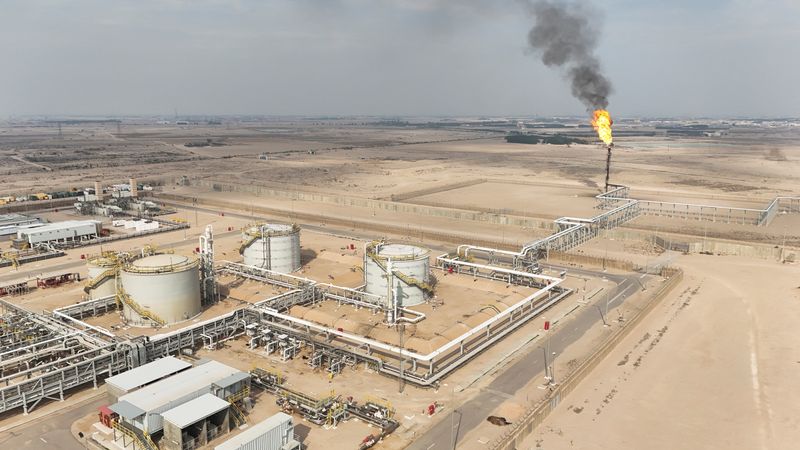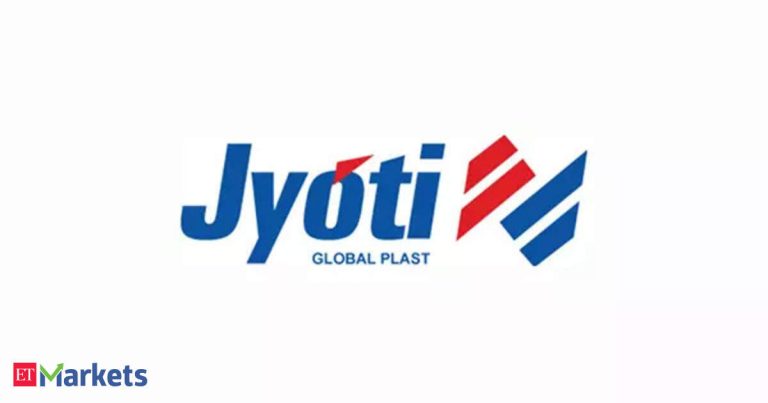By Chen Aizhu and Ahmed Rasheed
SINGAPORE/BAGHDAD (Reuters) -China’s independent oil companies are ramping up operations in Iraq, investing billions of dollars in OPEC’s number two producer even as some global majors have scaled back from a market dominated by Beijing’s big state-run firms.
Drawn by more lucrative contract arrangements, smaller Chinese producers are on track to double their output in Iraq to 500,000 barrels per day by around 2030, according to estimates by executives at four of the firms, a figure not previously reported.
For Baghdad, which is also seeking to lure global giants, the growing presence of the mostly privately run Chinese players marks a shift as Iraq comes under growing pressure to accelerate projects, according to multiple Iraqi energy officials. In recent years, Iraq’s oil ministry had pushed back on rising Chinese control over its oilfields.
For the smaller Chinese firms, managed by veterans of China’s state heavyweights, Iraq is an opportunity to leverage lower costs and faster development of projects that may be too small for Western or Chinese majors.
With meagre prospects in China’s state-dominated oil and gas industry, the overseas push mirrors a pattern by Chinese firms in other heavy industries to find new markets for productive capacity and expertise.
Little-known players including Geo-Jade Petroleum Corp, United Energy Group, Zhongman Petroleum and Natural Gas Group and Anton Oilfield Services Group made a splash last year when they won half of Iraq’s exploration licensing rounds.
Executives at smaller Chinese producers say Iraq’s investment climate has improved as the country becomes more politically stable and Baghdad is keen to attract Chinese as well as Western companies.
Iraq wants to boost output by more than half to over 6 million bpd by 2029. China’s CNPC alone accounts for more than half of Iraq’s current production at massive fields including Haifaya, Rumaila and West Qurna 1.
PROFIT-SHARING, RISK TOLERANCE
Iraq’s shift a year ago to contracts based on profit-sharing from fixed-fee agreements – an attempt to accelerate projects after ExxonMobil and Shell scaled back – helped lure Chinese independents.
These smaller firms are nimbler than the big Chinese companies and more risk-tolerant than many companies that might consider investing in the Gulf economy.
Chinese companies offer competitive financing, cut costs with cheaper Chinese labour and equipment and are willing to accept lower margins to win long-term contracts, said Ali Abdulameer at state-run Basra Oil Co, which finalises contracts with foreign firms.





